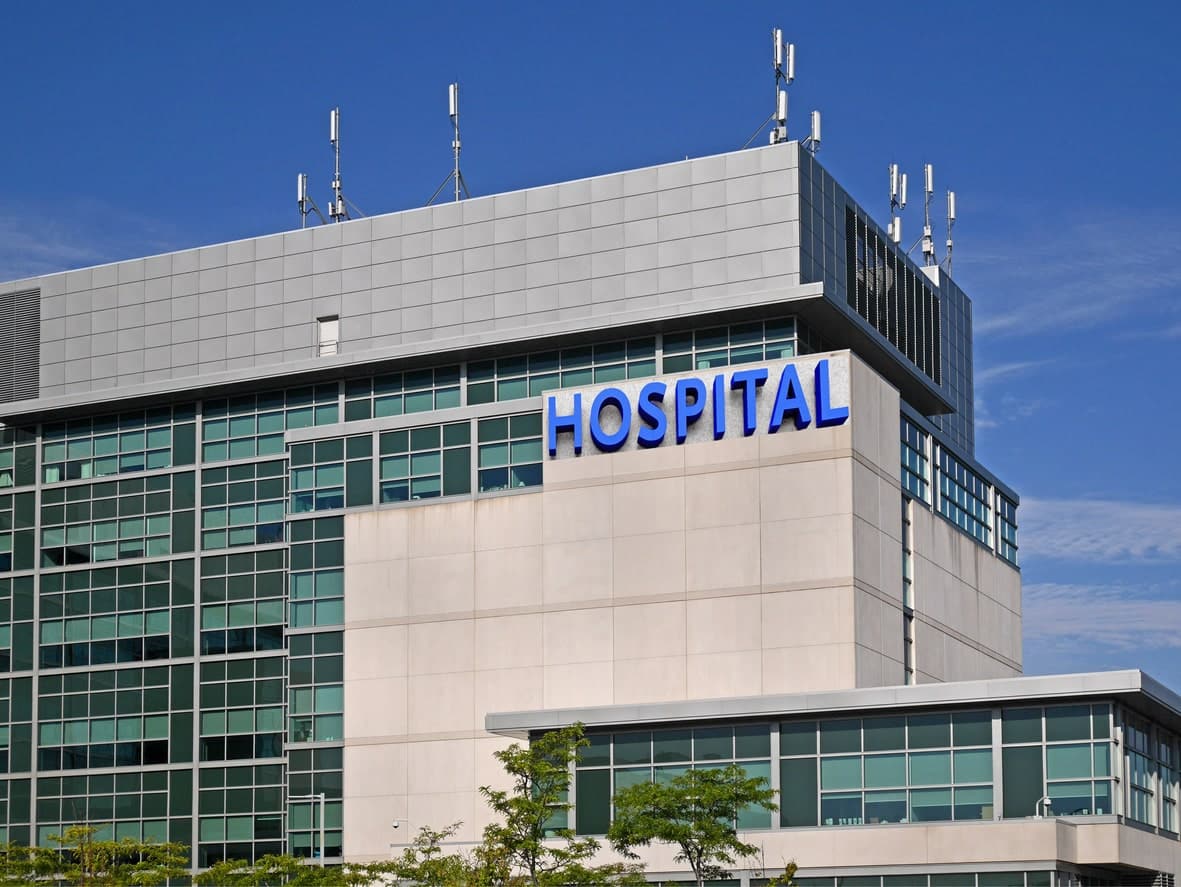Cardiopulmonary resuscitation (CPR) plays an essential role in saving the lives of individuals who have stopped breathing or whose hearts have stopped beating. It is a vital life-saving technique that has given countless people a second chance at life. However, surviving a cardiac arrest and undergoing successful CPR is only the first step in what can be a long and challenging journey to recovery.
The Aftermath of Survival
Surviving a cardiac arrest is just the beginning of a new chapter. Many survivors experience a spectrum of psychological after-effects following their ordeal. Research indicates that between 15 to 50 percent of survivors report adverse psychological effects, including symptoms of anxiety, depression, and post-traumatic stress disorder (PTSD).
Moreover, a significant number of survivors experience lingering psychological difficulties even after being discharged from the hospital, with anxiety being the most commonly reported symptom. As one survivor aptly described their journey of recovery, it is an “emotional roller coaster”.
Understanding the Psychological Impact
The psychological distress experienced by survivors can have a profound impact on their long-term recovery perceptions. Survivors often grapple with fear and trauma, which can affect their quality of life and overall wellbeing.
However, it’s important to note that not all psychological effects are negative. Some survivors emerge from the experience with increased psychological resilience, viewing their survival as a positive event that has given them a renewed perspective on life.
Coping Mechanisms and Support
As survivors navigate their path to recovery, various coping mechanisms and resources can be employed to help manage their psychological distress. Unfortunately, it’s been found that survivors often receive significantly fewer cognitive and psychological resources throughout their recovery process. This underlines the need for more robust mental health support for survivors, including therapy, counseling, and support groups.
The Importance of CPR Training
While the focus of this article is on psychological recovery, it’s crucial to underscore the importance of CPR training. Learning CPR can help lower one’s response time to a cardiac event, potentially saving a life and reducing the severity of the event’s aftermath. CPR classes are not just about learning a lifesaving technique; they are also about preparing individuals for the potential emotional toll of such an event.
Conclusion: Mental Health Matters
Surviving a cardiac event is a significant achievement, but the journey doesn’t end there. Psychological recovery is an integral part of the process, and it’s essential that survivors receive the necessary mental health support. Everyone can play a role in this, from healthcare professionals providing resources to friends and family offering understanding and support.
After all, as the American Heart Association puts it, a cardiac crisis isn’t just a physical health issue – it’s a mental health issue too.





